Talk about the impact of Trump on China's industrial automation
As the result of the 2024 US presidential election draws closer, the probability of former President Trump's victory has become the focus of global attention. According to the predictions of various analysis agencies and data platforms, Trump has a high probability of winning the election. This political shift will not only have a profound impact on US domestic policy, but also bring new changes to the global economic landscape, especially the technological and industrial competition between China and the United States. For China's industrial automation industry, Trump's rise to power may mean a series of new challenges and opportunities.
During his previous term in office, Mr Trump had imposed a series of stringent restrictions on Chinese tech companies. These include executive orders banning transactions with specific Chinese apps and operating bans on apps such as TikTok and wechat. These measures have exacerbated the decoupling of science and technology between China and the US, forcing China to accelerate the development and application of its own controllable technologies, especially high-end R&D design software and production control software. Therefore, China's industrial automation industry will face more complex international environment and technical barriers under the background of Trump's possible return to power.
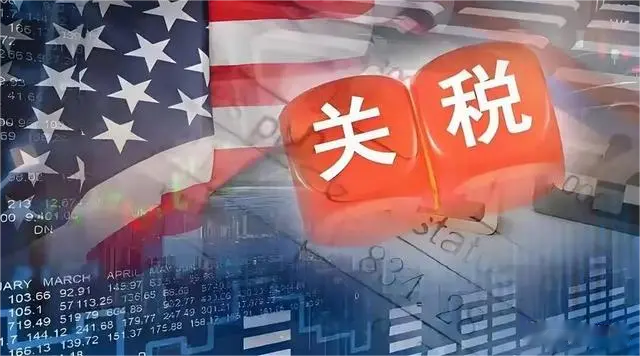
Under the Trump administration, the US government's technology and industrial policies towards China are likely to be more stringent. It is reported that the US government is considering restricting China's HBM and other AI memory chips and production equipment that use AI big models, which may affect China's industrial automation industry's access to advanced technology and equipment. In addition, the Trump team may also draft a comprehensive AI executive order and launch a series of "Manhattan Projects" aimed at strengthening the US's technological advantages, which will further intensify the competition between China and the US in the high-tech field.
However, challenges are often accompanied by opportunities. In the face of external pressure, China's industrial automation industry will accelerate the pace of independent innovation and technology upgrading. Driven by emerging technologies such as cloud computing, big data and artificial intelligence, China's industrial automation industry is ushering in unprecedented changes. As a service model, cloud computing centralizes the management of software and hardware resources through virtualization technology, reduces the cost of enterprises, improves the efficiency of resource allocation, and provides a new opportunity for the development of software industry. The intelligent technology realizes the automatic recognition of knowledge based on massive information, and gives the information system self-adaptive ability, which significantly improves the efficiency and flexibility of software development.
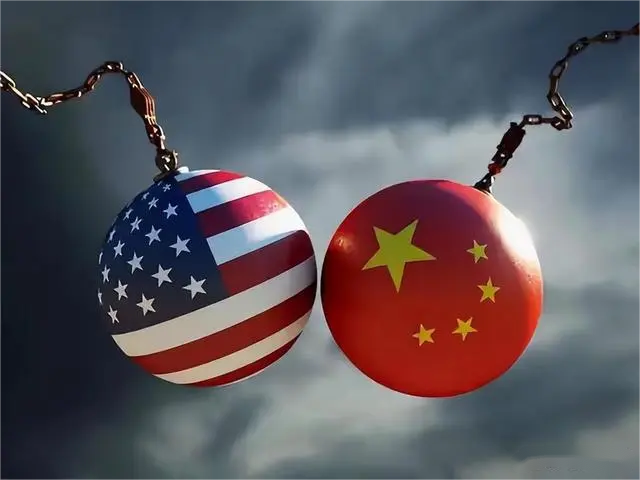
In the context of Trump's possible rise to power, China's industrial automation industry needs to pay more attention to independent research and development and technological innovation to cope with external technology blockade and market access restrictions. At the same time, the government and enterprises should strengthen cooperation and promote the implementation of relevant strategies to ensure that China maintains its leading position in the global industrial automation market.
In addition, Trump's rise to power may also have a complex impact on economic exchanges between China and the United States. On the one hand, Trump may adopt a more protectionist trade policy and restrict Chinese products from entering the US market. On the other hand, he may also push the Federal Reserve to keep cutting interest rates and attract manufacturing back to the United States, which will put some pressure on China's exports of industrial automation products. However, it will also prompt China to pay more attention to the domestic market, promote enterprise transformation and consumption upgrading, and bring new development opportunities for the industrial automation industry.
To sum up, if Trump takes office, China's industrial automation industry will face a series of new challenges and opportunities. While coping with external pressures, China's industrial automation industry should accelerate the pace of independent innovation and technology upgrading, and embrace the new era of global competition with a more open and inclusive attitude. At the same time, the government and enterprises should strengthen cooperation to jointly promote the healthy development of China's industrial automation industry.







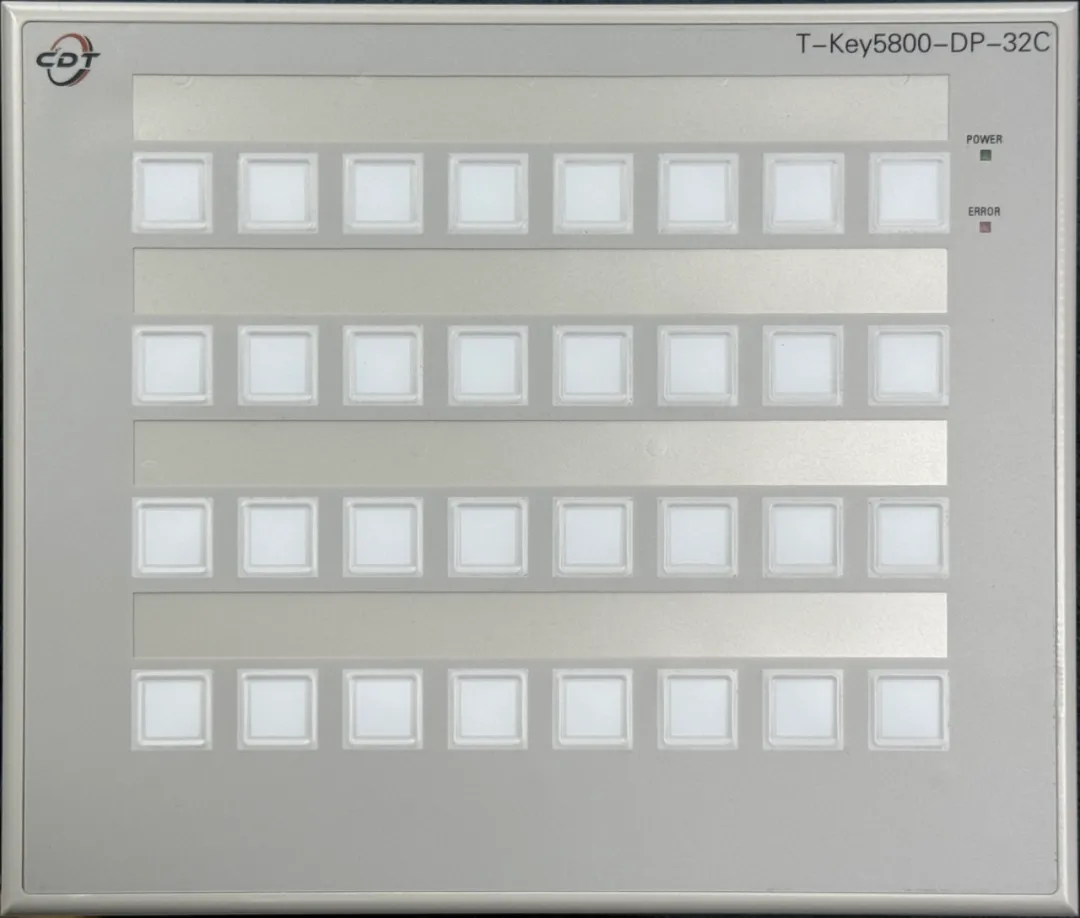
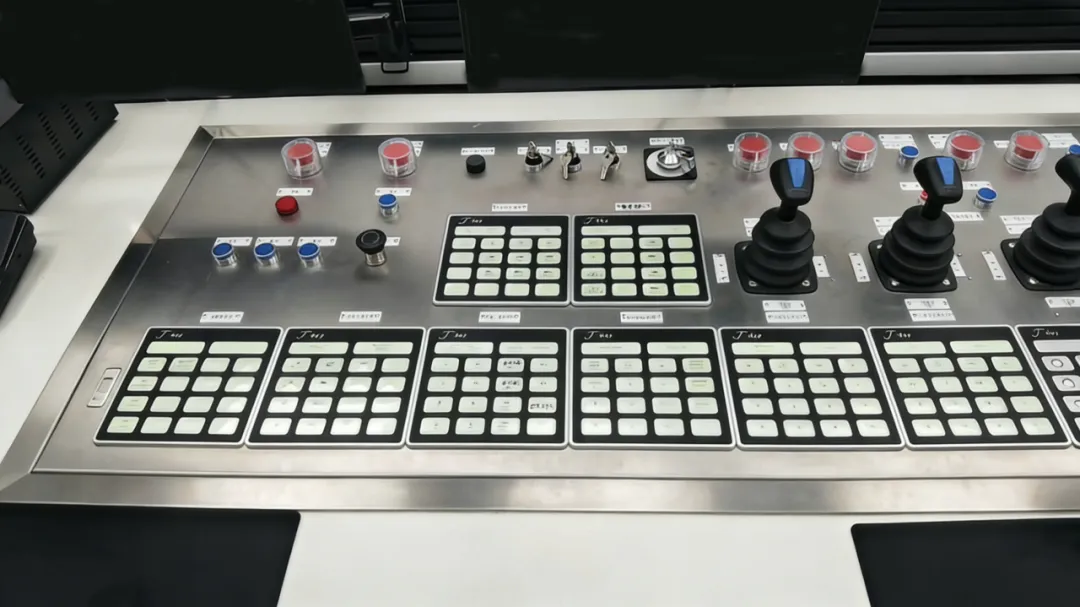

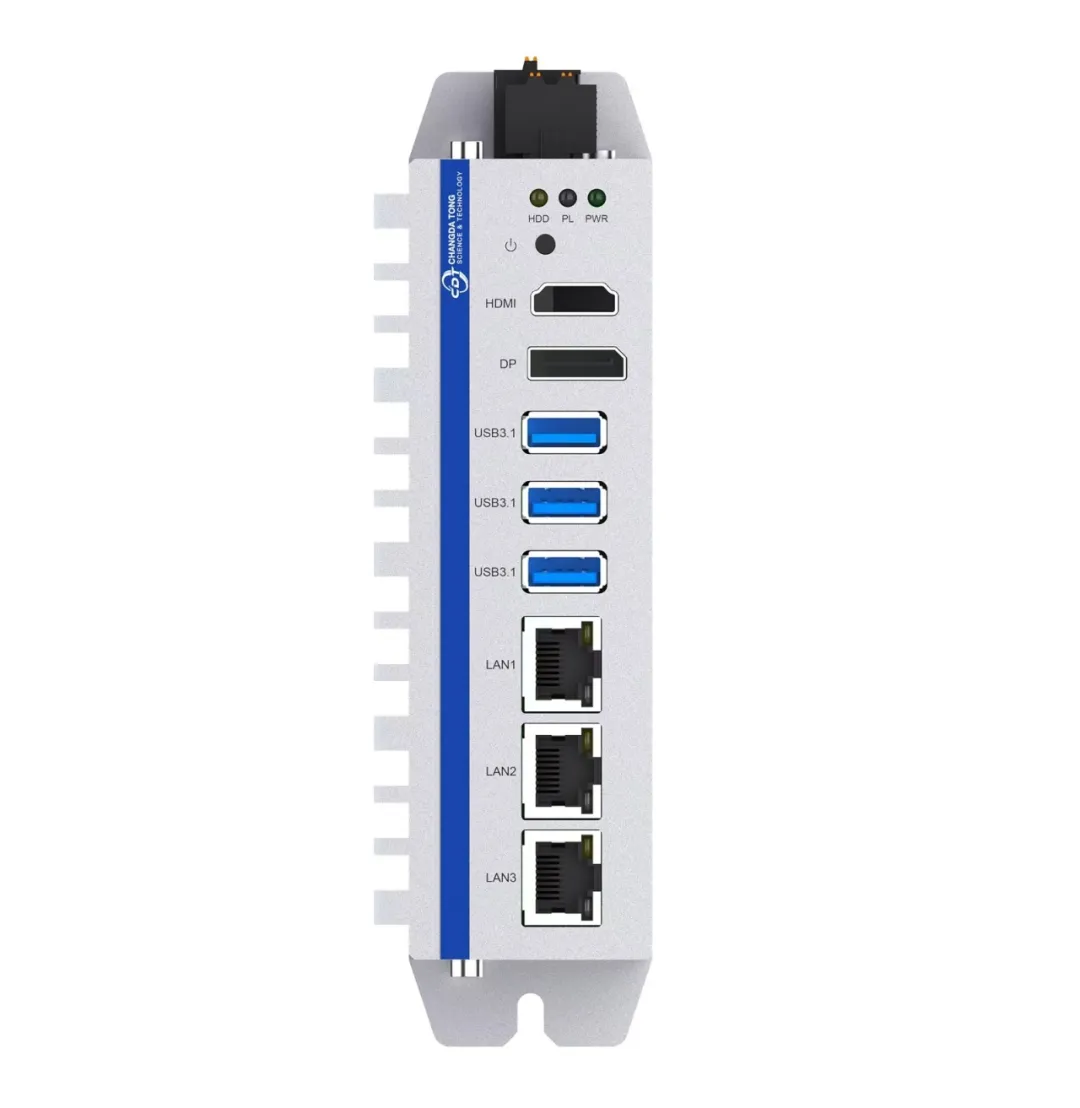
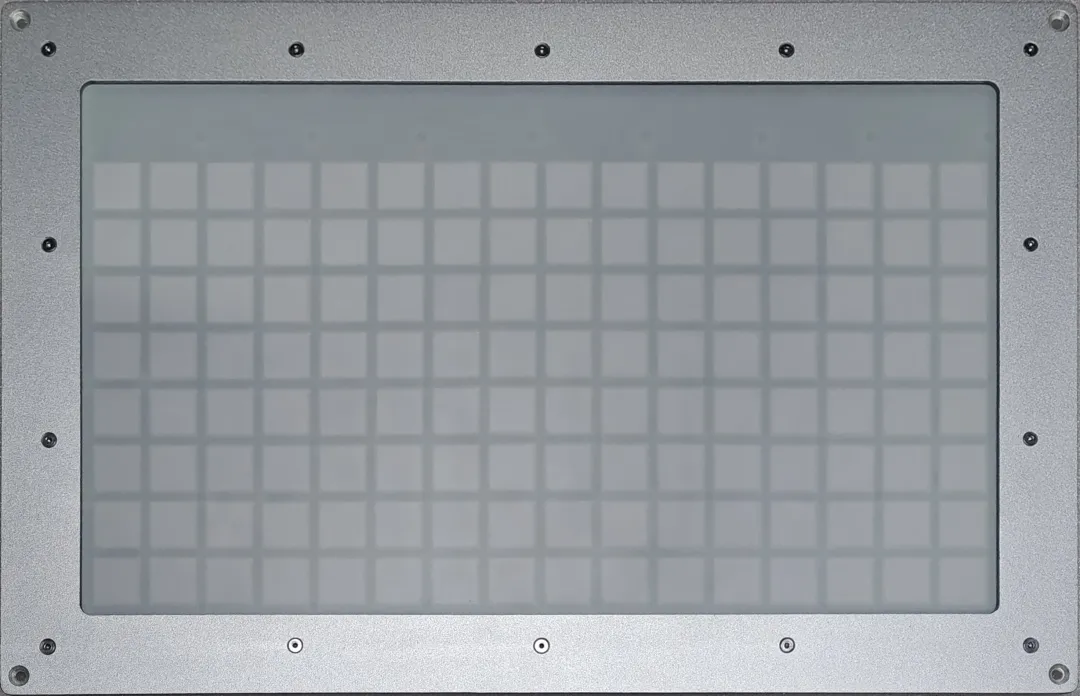
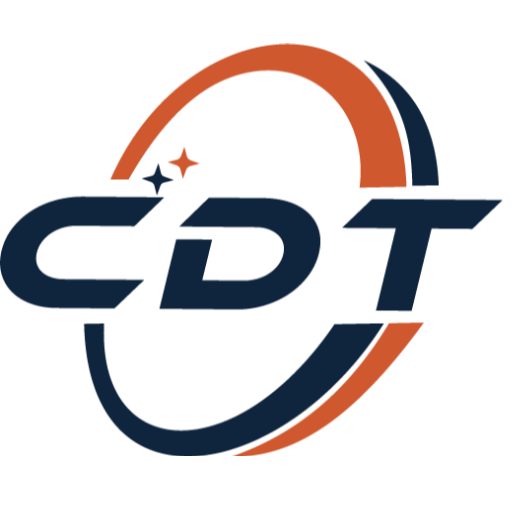
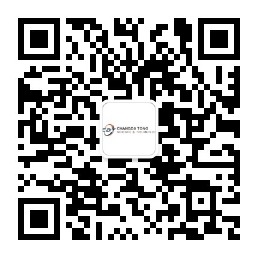




Please first Loginlater ~